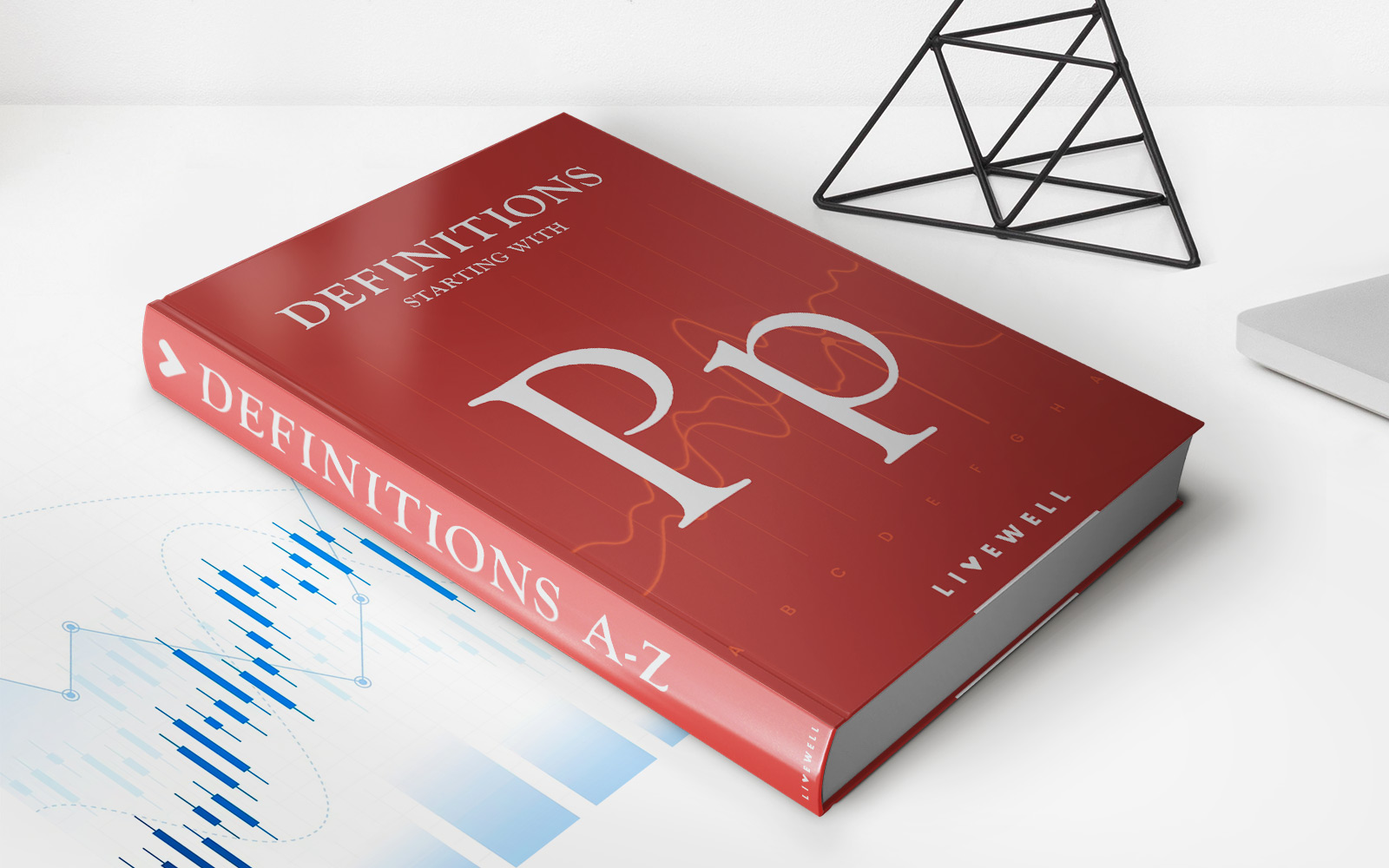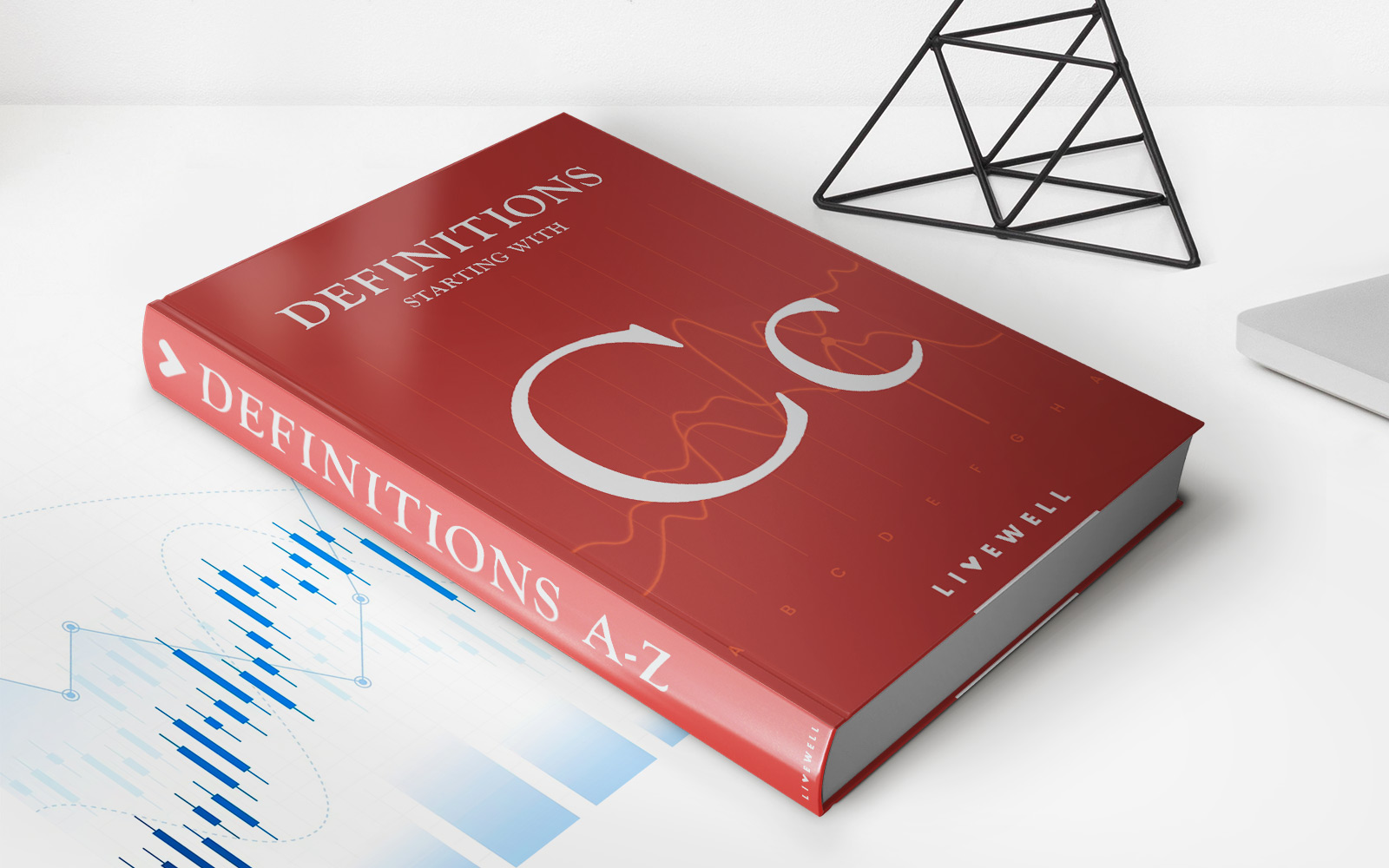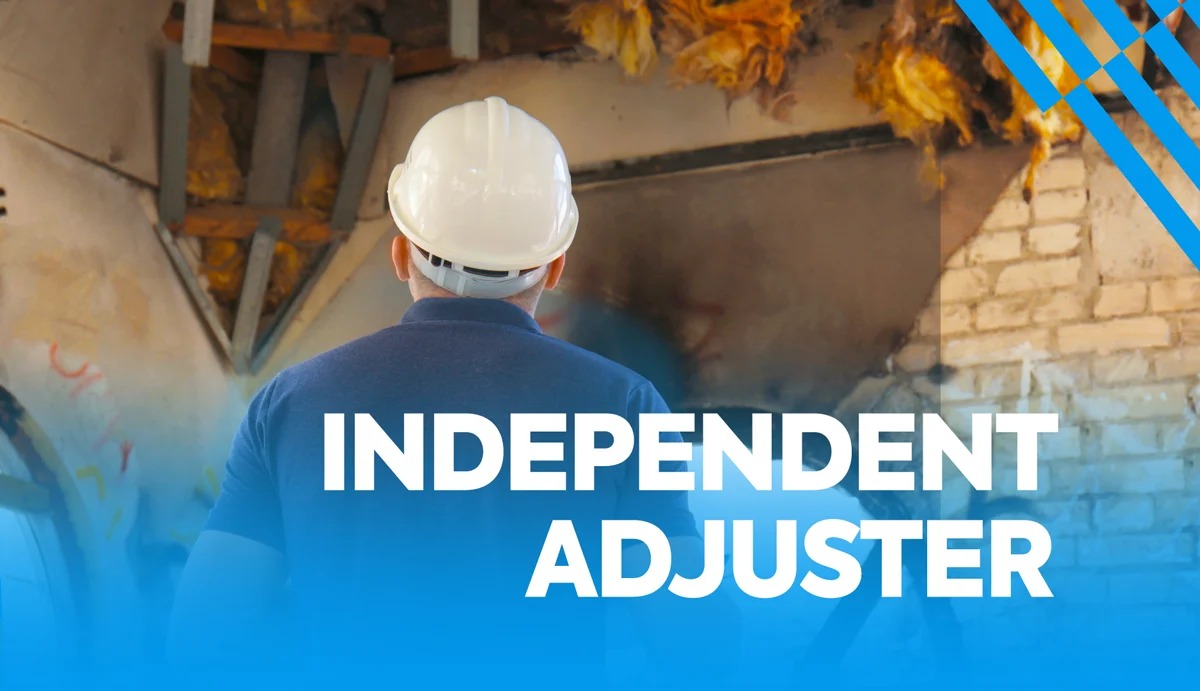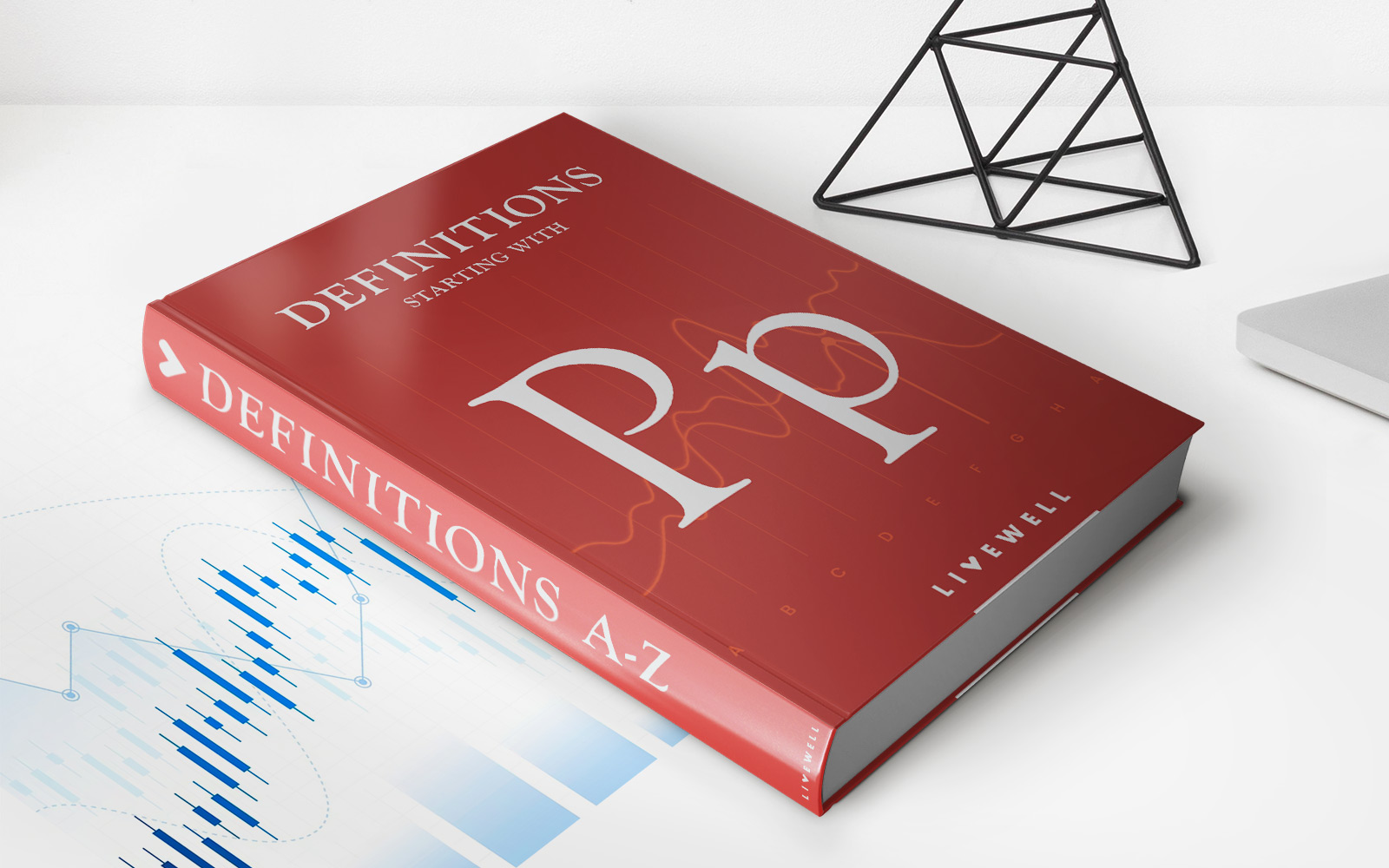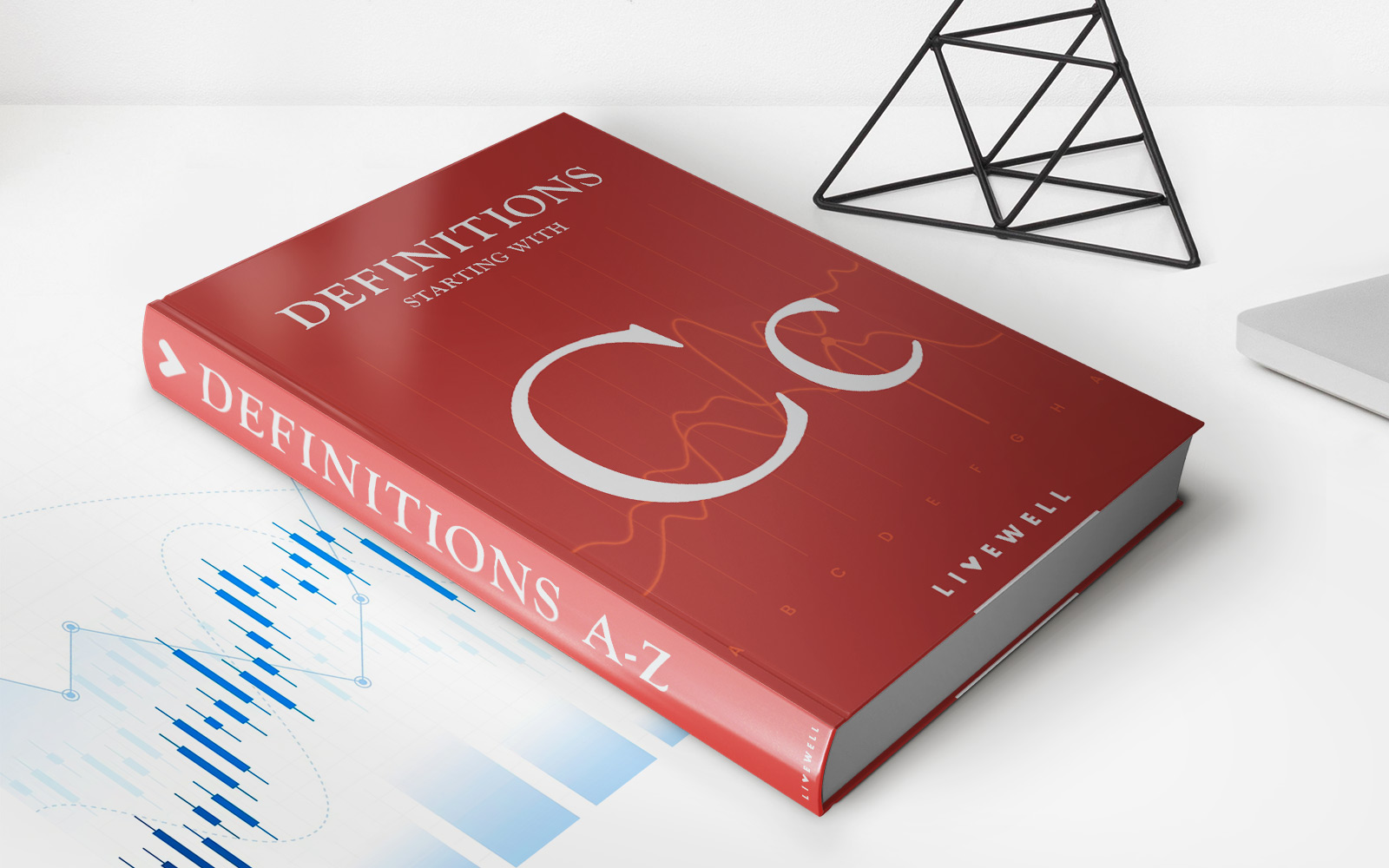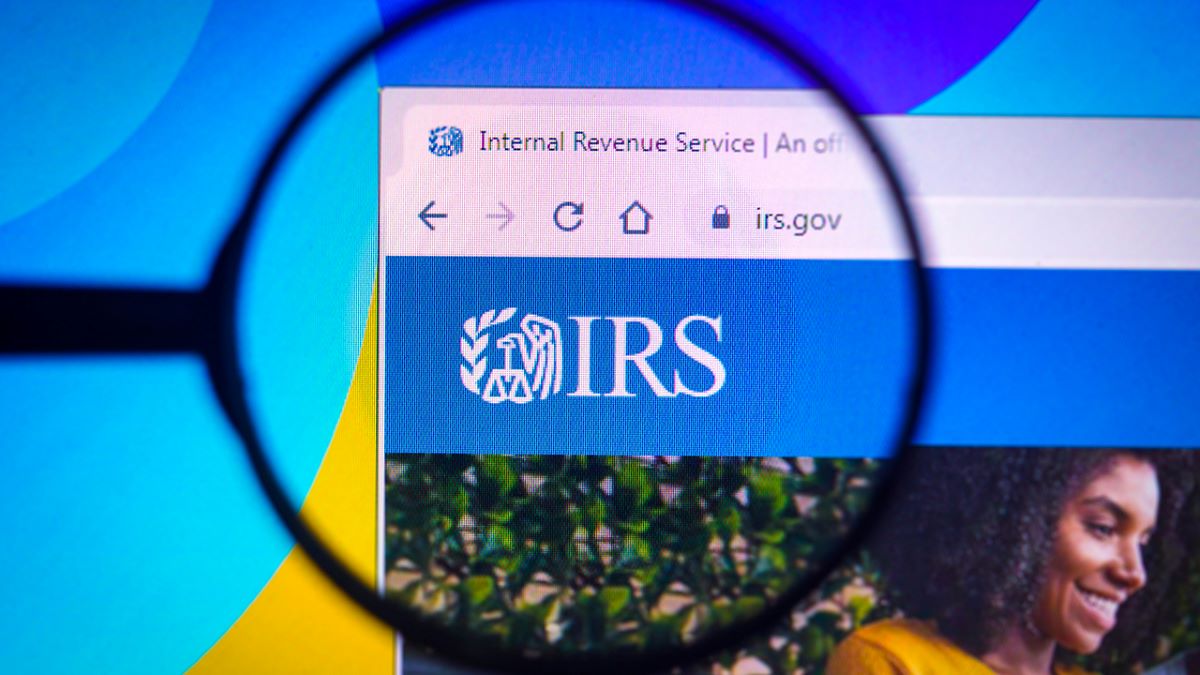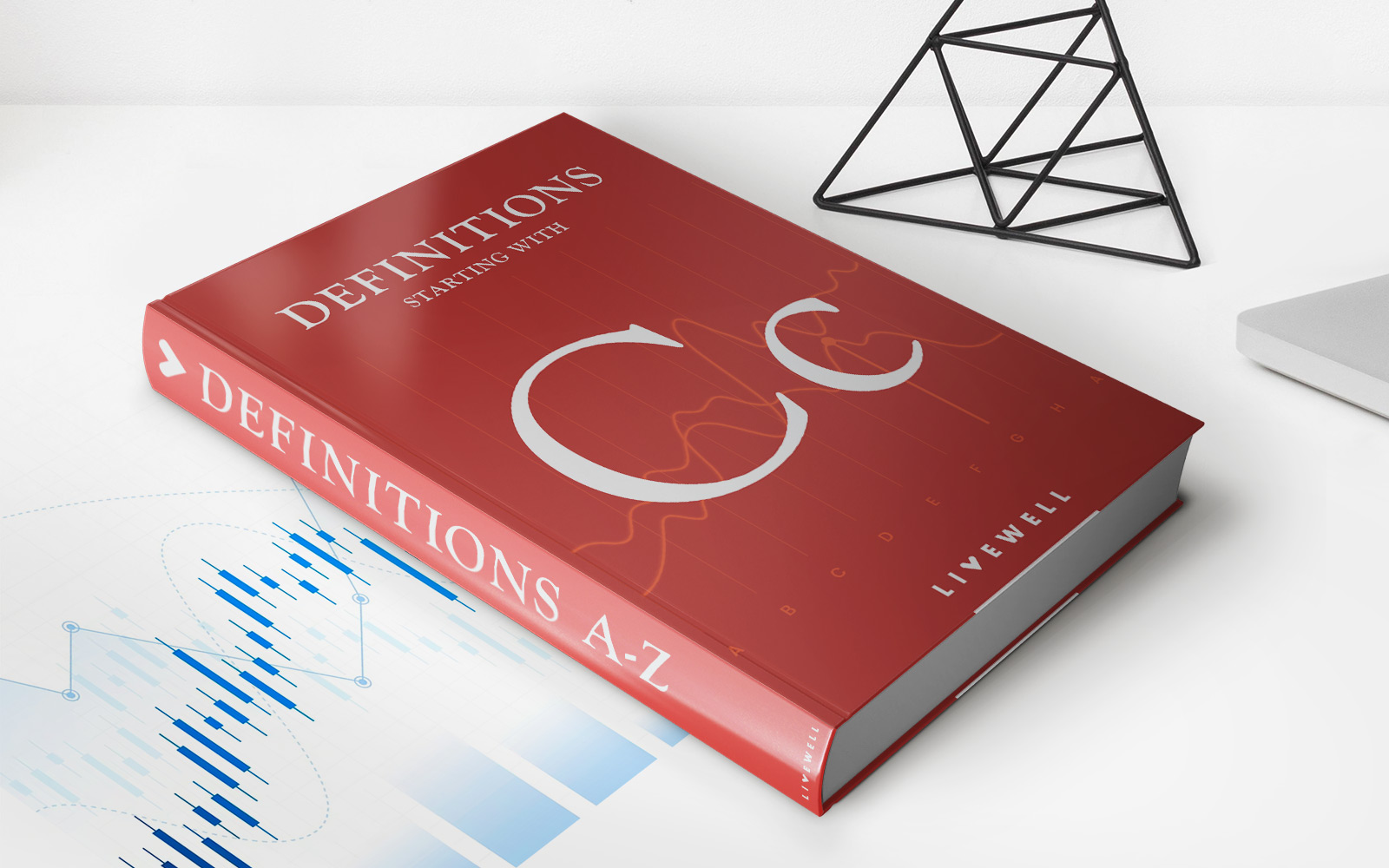Home>Finance>Claims Adjuster: Definition, Job Duties, How To Become One
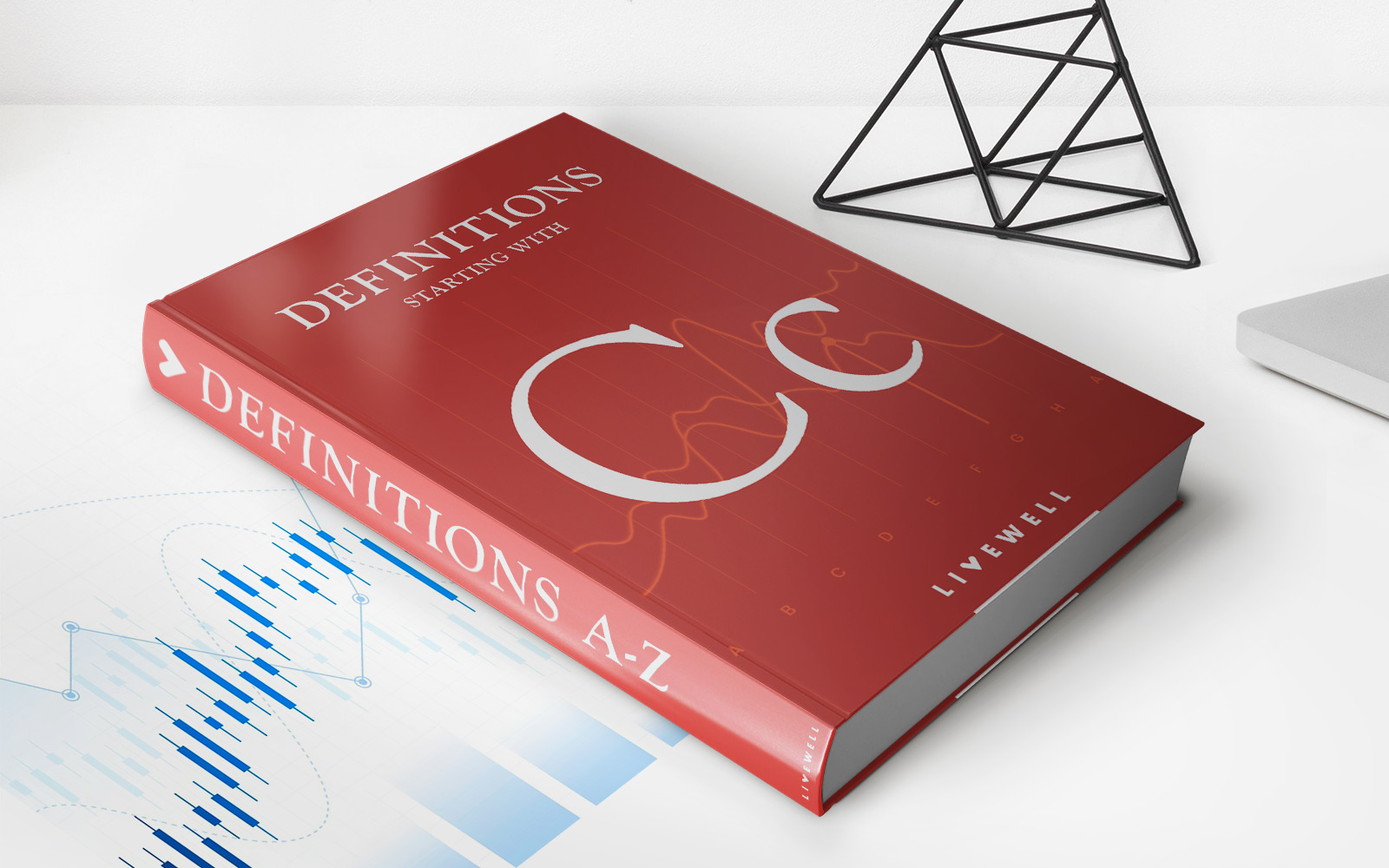

Finance
Claims Adjuster: Definition, Job Duties, How To Become One
Published: October 27, 2023
Learn about the role of a claims adjuster in the finance industry, including their job duties and the steps to become one, in this comprehensive guide.
(Many of the links in this article redirect to a specific reviewed product. Your purchase of these products through affiliate links helps to generate commission for LiveWell, at no extra cost. Learn more)
Claims Adjuster: Definition, Job Duties, How To Become One
Are you interested in pursuing a career in the field of finance? If so, becoming a claims adjuster might be the perfect path for you! In this blog post, we will explore what a claims adjuster is, their job duties, and how you can become one. Let’s dive in and explore this exciting career option!
Key Takeaways:
- A claims adjuster is a professional who investigates insurance claims to determine the extent of an insurer’s liability and the appropriate amount of compensation.
- Job duties of a claims adjuster include conducting interviews, evaluating evidence, negotiating settlements, and preparing detailed reports.
What is a Claims Adjuster?
A claims adjuster, sometimes referred to as an insurance adjuster or claims handler, is a financial professional who investigates insurance claims to determine the extent of the insurance company’s liability and the appropriate amount of compensation to be provided. They play a critical role in ensuring the fair and efficient resolution of insurance claims.
Claims adjusters work primarily for insurance companies, but they can also be employed by independent adjusting firms or work as freelance adjusters. Their main focus is to investigate and evaluate insurance claims, protecting both the interests of the insurer and the policyholder.
Job Duties of a Claims Adjuster
The job duties of a claims adjuster may vary depending on the type of insurance they handle, but some common tasks include:
- Investigating Claims: Claims adjusters conduct thorough investigations by gathering evidence, interviewing witnesses, and inspecting damaged property. They use this information to determine the cause and extent of the claim.
- Evaluating Insurance Coverage: Claims adjusters review insurance policies to understand the coverage, exclusions, and limitations applicable to a claim. This helps them determine the insurer’s liability and the compensation amount.
- Negotiating Settlements: Once the investigation is complete, claims adjusters negotiate with policyholders and third parties to reach a fair settlement. They consider various factors such as policy terms, industry standards, and the extent of damages to determine an appropriate compensation amount.
- Preparing Reports: Claims adjusters document their investigation findings, settlement negotiations, and recommended settlements in detailed reports. These reports are essential for insurers to make informed decisions on claim settlements.
- Communicating with Stakeholders: Claims adjusters regularly communicate with policyholders, witnesses, insurance agents, legal representatives, and other relevant parties to gather information and provide updates on the claim’s progress.
How To Become a Claims Adjuster
If you’re interested in becoming a claims adjuster, here’s a general guide on how to get started:
- Earn a Degree or Certification: While a specific degree is not always required, having a background in finance, business, or a related field can be beneficial. Consider pursuing a bachelor’s degree in finance, accounting, or risk management. Additionally, obtaining certifications such as the Chartered Property Casualty Underwriter (CPCU) designation can enhance your credibility.
- Gain Relevant Experience: Entry-level positions in the insurance industry, such as customer service representative or claims assistant, can provide valuable experience and opportunities for advancement.
- Complete Training: Many insurance companies provide on-the-job training programs for claims adjuster roles. These programs typically cover topics such as policy interpretation, claims investigation techniques, negotiation skills, and relevant software applications.
- Obtain a License: In some countries or states, claims adjusters are required to hold a license. Familiarize yourself with the licensing requirements in your area and ensure you fulfill all necessary criteria.
- Continuously Learn and Develop: Being a claims adjuster requires staying up-to-date with industry trends, regulations, and best practices. Consider participating in continuing education programs and joining professional organizations to expand your knowledge and network.
Becoming a claims adjuster can be a rewarding career choice for individuals interested in finance and helping others navigate the insurance process. It offers a combination of analytical skills, problem-solving, and communication abilities, all while working in a fast-paced and ever-evolving industry.
So, if you have a knack for detail, enjoy investigating and analyzing information, and have a passion for finance, consider exploring the path of a claims adjuster. It could be the start of an exciting and fulfilling career!

